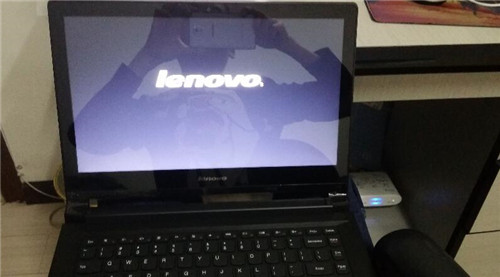NOW, THE BBC SPECIAL ENGLISH PROGRAM
DO YOU READ TO SHOW OFF?
你读书是为了炫耀吗?
What do you read when you’re traveling by train or bus?
你在乘地铁或巴士的时候读什么?
What are other passengers reading?
其他的乘客都在读些什么呢?
Perhaps a woman sitting near you is reading a trashy romantic novel.
或许你邻座的那位女士正在读烂俗的言情小说。
A man is reading a serious biography about a politician.
一位先生正在读一本严肃的政治家传记。
And there’s a student reading an English textbook.
有一位学生在看英语课本。
What do their choices say about them?
他们的选择说明了什么呢?
Do you judge them by what they are reading?
你会通过他们读什么来评价他们吗?
I have got to tell you that your impressions of them are probably completely wrong.
我要告诉你,你对他们的印象可能是完全错误的。
The woman reading the romantic novel could be a lawyer.
正在读言情小说的女士可能是位律师。
She just wants a light read to take her mind off work.
她只想读一些轻松的东西暂时忘掉工作。
The man reading the biography wants you to think that he is an intellectual.
读人物传记的那位先生只是希望你认为他是个知识分子。
But he is just showing off.
他只是想炫耀。
The student reading the textbook isn’t a student at all.
那个读英语课本的学生,其实根本不是学生。
She’s an English teacher.
她是一位英语教师。
Publishers know that some people are self-conscious about what they read on public transport and so they put out different versions of a cover.
出版商知道有一些人很在意自己在公共交通上读的东西,所以他们推出了很多版本的封面。
For example, books about Harry Potter have an original cover for young readers and then another more serious version for adults.
比如,《哈利·波特》有针对年轻读者的原版封面,也有针对成年人的稍微严肃一点的版本。
So next time you are on a train, look around and see what other people are reading, but don’t jump to any conclusions. You will probably be wrong.
下次你再乘火车时,可以环顾四周看看周围人都在读什么,但是千万不要急于下定论,因为很可能是错的。
Here is a situation where you could say, “Don’t judge a book by its cover”.
这里就可以引用那句“不要以貌取人。”




